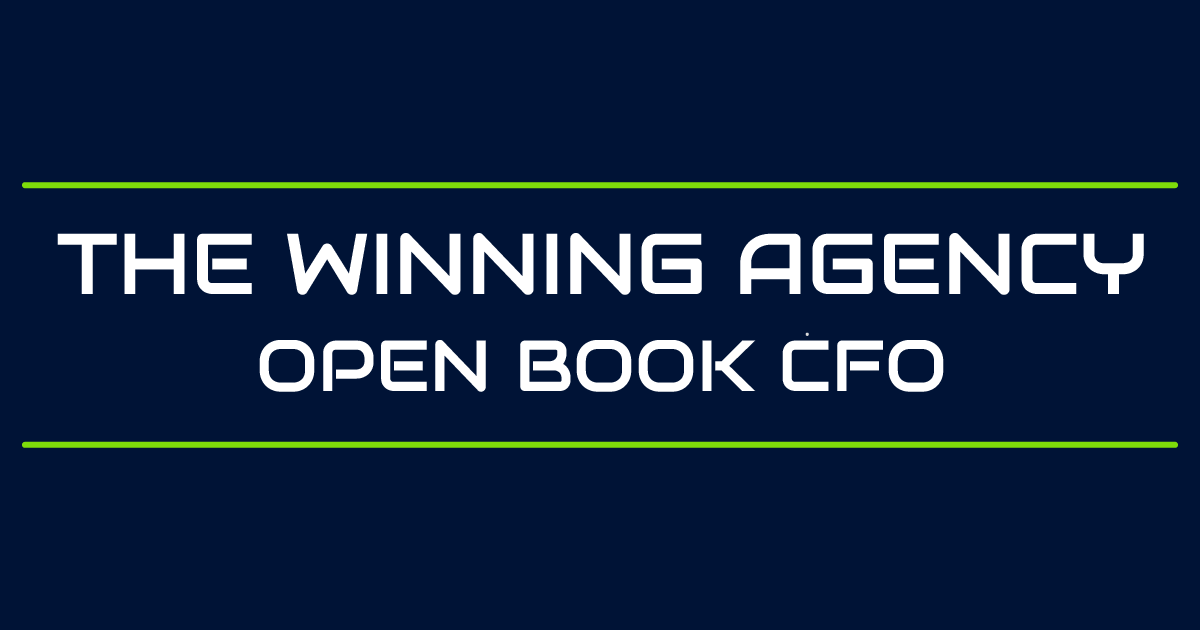- The Winning Agency
- Posts
- The unexpected silver lining of losing our biggest client
The unexpected silver lining of losing our biggest client
Plus: Why some employees crumble (and others thrive) during a crisis

A week back, I told you how I implemented Open Book Management in my marketing agency in 2022.
That entire year was a straight climb in profit. We went from making barely any money in June, to earning 22-25% net profit every month by year’s end.
But I didn’t tell you what happened afterwards.
In January 2023, we ended up losing a client worth $20,000 in monthly recurring revenue.
Thankfully, because of OBM, we managed to turn a profit at the end of the month despite our SBA loans.
It wasn’t all sunshine and rainbows — losing that client still hurt in a big way.
But it ended up being a valuable experience.
This was the first real stress-test of our teamwork under OBM.
With our old business model, all of the responsibility for the company’s performance was on my shoulders. But now with OBM, that responsibility was spread across the entire team.
So one of the biggest takeaways for me was watching how each employee responded differently to adversity.
After losing that client, I held a call with my employees and opened up the floor for discussion.
For some people, the lightbulbs went off immediately — they knew that if they wanted more pay and job security, they’d have to pull their own weight.
But for others, they still didn’t “get it.”
One employee noticed our payroll wouldn’t increase much over the next year, and asked about that. And I thought to myself, “wow, it takes guts to ask about pay when we just lost a huge client.”
I explained how their pay is tied to our revenue.
And then this employee hit me with:
“Well, why don’t we just bring on another sales person or a marketer to help us with that? We have to spend money to make money.”
Mind you, we had zero budget for that. So it was an absurd thing to say.
But then I realized the root of the issue was, they were still thinking like an employee and not an owner.
So this was really just a teaching moment.
Most employees have a mindset that someone on the outside is going to come in and magically solve every issue.
But running OBM means telling people the truth:
No one is coming to save us.
Everyone has to step up and figure out how to increase profit, cut costs, keep clients happy, and think like an owner.
That level of responsibility is too much for some people to handle. And that might mean they leave for a more traditional company.
But this ends up being a net positive.
OBM has worked wonders in my own business, and it’s built us a rock-solid culture of A-player employees who want to drive profit and share in the spoils.
If you’d like to do the same:
Book a free 15-minute consultation call with me here, and let’s chat about implementing OBM into your agency.
— Nick Kringas
Founder of Open Book CFO